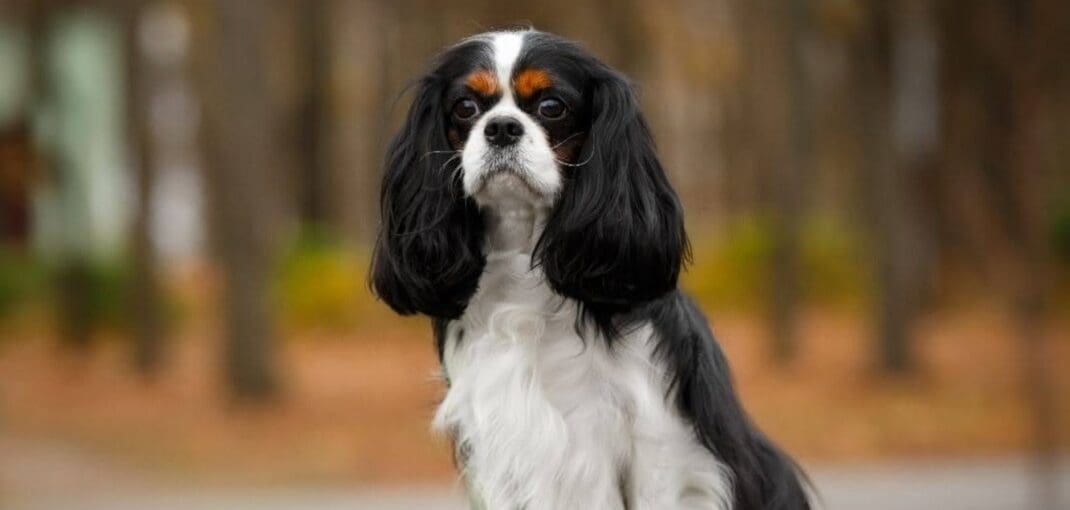The Cavalier King Charles Spaniel is not only one of the most adorable dog breeds, but also a breed with specific nutritional needs. These small but energetic dogs need the right diet to ensure their health, vitality and longevity. But how exactly do you feed such a dog to provide it with everything it needs?
Understanding the individual nutritional needs of the cavalier King Charles Spaniel
The Cavalier king charles spaniel is a dog breed with a unique conformation and character, which translates into specific nutritional needs. These small but energetic dogs are known for their friendly disposition and love for people. However, their diet must be carefully selected to meet their unique requirements. Cavalier king charles spaniels tend to gain weight, which can lead to health problems such as heart disease. Therefore, the key to their health is a balanced diet that provides the right amount of calories and nutrients, while protecting them from becoming overweight.
It is also worth looking out for ingredients that support heart health, such as taurine and L-carnitine. Given their thick, silky coat, a diet rich in omega-3 and omega-6 fatty acids can help keep it in excellent condition.
What food for a cavalier king charles spaniel?
Choosing the right food for a cavalier king charles spaniel can be a challenge, but the key is to understand their specific nutritional needs. These dogs need a food rich in high-quality protein to provide energy and promote muscle development. Protein should come from good sources such as meat or fish. Carbohydrates, such as rice, barley or yams, provide energy and support digestion. Fats, especially those from fish, are essential for skin and coat health. It is also important that the dog food for this breed contains adequate amounts of vitamins and minerals to support overall health and immunity.
Cavalier diet and health: how to avoid allergies and support immunity in your dog?
The Cavalier king charles spaniel, like many other breeds, is prone to food allergies. Symptoms can include itching, rashes, diarrhoea or vomiting. To avoid allergies, it is advisable to choose hypoallergenic foods or those with a limited number of ingredients. Supporting immunity is equally important, especially at a young age. Foods rich in antioxidants, such as vitamins C and E, can help strengthen your dog’s immune system. Probiotics and prebiotics, which support a healthy intestinal flora, can also be beneficial to your cavalier’s health and immunity. If your dog weighs too much and your vet has advised switching to a low-calorie diet, it is worth reaching for the right products – such as light food for your dog.
How many grams of food should a cavalier eat? Adjusting the diet to your dog’s age and lifestyle
The amount of food a cavalier king charles spaniel should eat depends on a number of factors, such as age, activity level, health status and individual metabolic needs. Puppies need more calories per kilogram of body weight than adult dogs because they are growing and developing. Adult dogs that are more active also need more calories than those with a more sedentary lifestyle. Older dogs may need fewer calories to avoid being overweight. It is important to monitor your dog’s weight regularly and adjust the amount of food according to their needs. Regular vet visits and diet consultations are key to keeping your cavalier king charles spaniel healthy and at the right weight.






